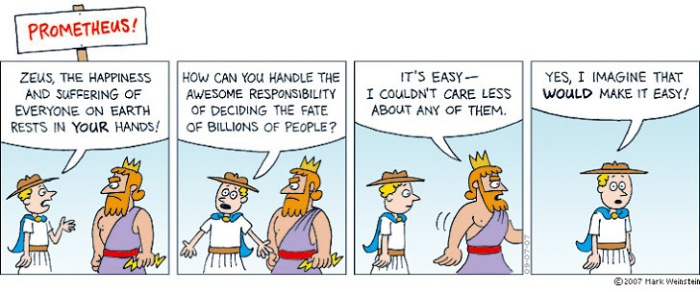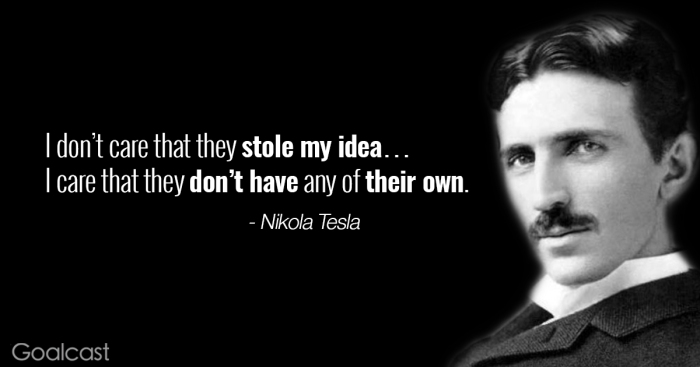
In the seminal Echo & The Bunnymen song The Killing Moon the lead singer Ian McCulloch plaintively intones ‘fate, up against your will, through the thick and thin he will wait until you give yourself to him’.
Fate is one of those concepts which crops up almost on a daily basis, be it in the guise of inevitability, fate itself or other synonyms. One of the traits which people display, in terms of language, is the declaration that they will change their fate or control their fate, clearly missing the whole point of fate, something which is inevitable and cannot be changed by will, happenchance or anything.
So, what is fate? The most famous example of fate comes from Bill Shakespeare’s butchering of Ovid’s Pyramus and Thisbē in which two star-crossed lovers, or to let Shakespeare tell it
Two households, both alike in dignity
In fair Verona, where we lay our scene
From ancient grudge break to new mutiny
Where civil blood makes civil hands unclean.
From forth the fatal loins of these two foes
A pair of star-cross’d lovers take their life
Whose misadventured piteous overthrows
Do with their death bury their parents’ strife.
And here we see two interesting notions. Firstly, that the lovers are star-crossed meaning that their fate is foretold, possibly linking to notions such as Astrology (something which even the renowned psychiatrist Carl Jung believed to be possible) and that their fate was to be to be part of a greater purpose, that is to be the sacrifice to end the war. But this still hasn’t answered the question, what is fate?
‘In Greek mythology, Fate was personified as three sisters: Clotho, the spinner of life’s thread, Lachesis, the allotter of a person’s destiny, and Atropos, who cut the thread at death. … Because of this, there is only heroism and a brave death to strive for, as one’s doom is already sealed.’
(litcharts.com/lit/mythology/themes/fate)
Once again we are presented with a contradiction for, as the above quote shows, in mythology fate was what controlled the actions of mortals and yet people could choose to be heroes. If fate is all encompassing then this cannot be for one would be fated to be a hero or not, thus making all human action just south of pointless/meaningless and making it seem possible that instead of fate people are actually refering to self-determinism where one’s actions can set about a chain of events powered by the initial impetus. But, as we know, humans don’t always do what they should thus making the notion that this is foretold seem to be build on a foundation of sand.
As with most things, we must turn to the wisdom of Leonard Cohen to try understand what is fate:
‘And all of this
Expressions of
The sweet indifference
Some call love
The high indifference
Some call fate
But we had names
More intimate’
In this Leonard is astutely saying that such notions as fate stem from language and not from a reality. Often, in this blog, we have spoken of how things are rarely as they seem and here it seems we have another example to draw upon. When the philosopher Spinoza spoke about God being in nature, what he meant was that God is something beyond our comprehension but we sometimes see manifestations of God in what we call nature. Likewise, as existence is so far beyond our comprehension and as we cannot see our time in the grand scheme of ‘time’ (as in all existence) we try to interpret what happens and then create cool and nifty (huh?) concepts such as fate to explain what cannot be understood and try to understand why things don’t always go the way we would and it seems that fate is, indeed, up against our will.
‘till next time, fate willing (ha!)



